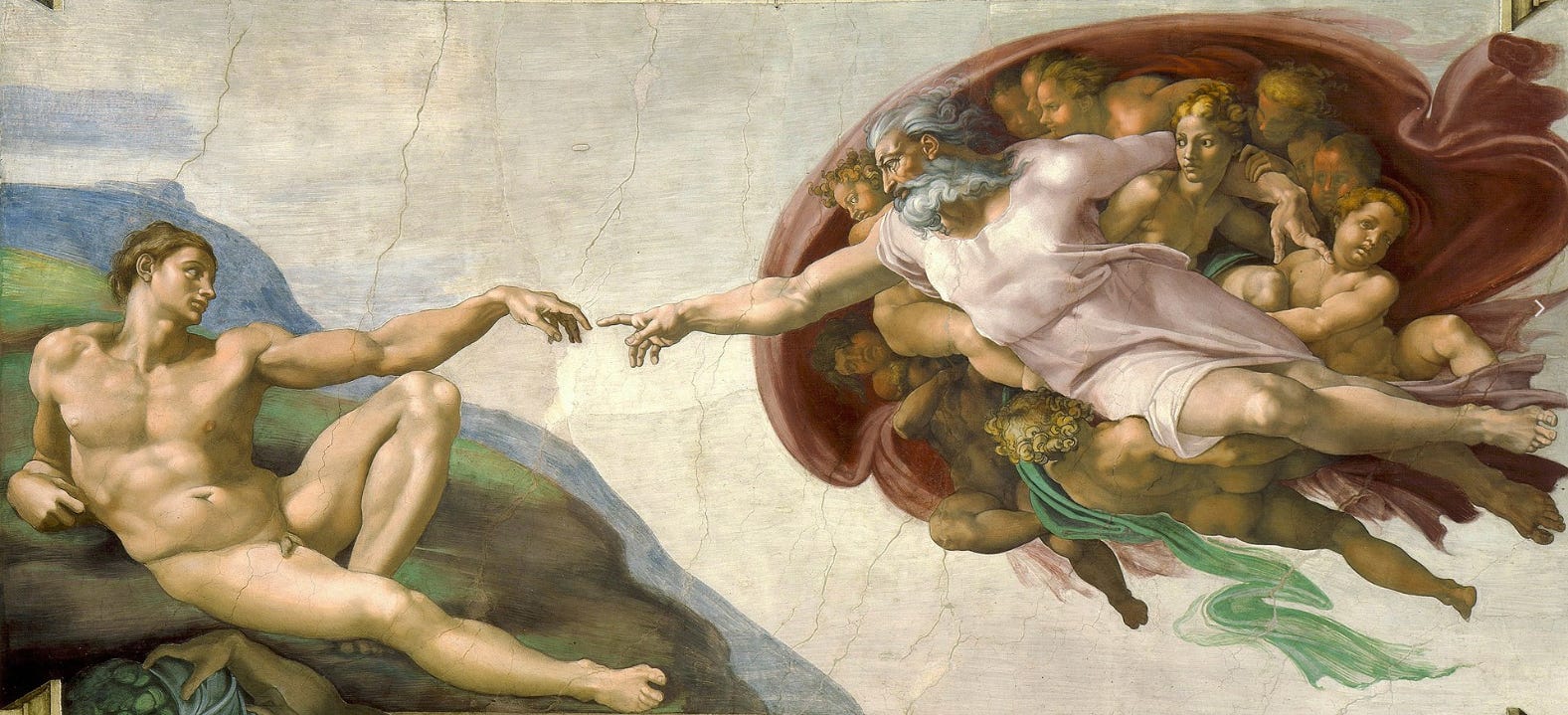Year: 2025
-

Countable, or uncountable? How numbers create reality
Mathematics isn’t just discovery, it is adaptation: a brilliant sequence of inventions to make reality countable. From natural numbers to negative integers, zero to irrational numbers, imaginary to transcendental—each innovation drove human history forward. Yet the countable remains a tiny island in the ocean of the real continuum. We can make the error to think that we live in a…
-

Prime Quadruplets
Prime quadruplets pose a philosophical question: what kind of object persists beneath all notation systems? This post examines these tightest prime clusters as instances where mathematical necessity confronts apparent randomness. They exist independently of representation, they are infinite yet vanishingly rare, and they challenge our understanding of existence, objectivity, and the relationship between chaos and intelligible structure.
-

The Colonizer/Colonized Binary: Semiotics of Power in the 21st Century
Drawing on Adorno and Frankfurt School critique, this essay examines how colonial hierarchies persist within global capitalism’s “Culture Industry.” Through mechanisms of mobility, representation, and extraction—manifested in urban geography, digital labor, Hollywood narratives, and intimate relationships—the colonizer/colonized distinction operates as an invisible empire that shapes consciousness, identity, and power.
-
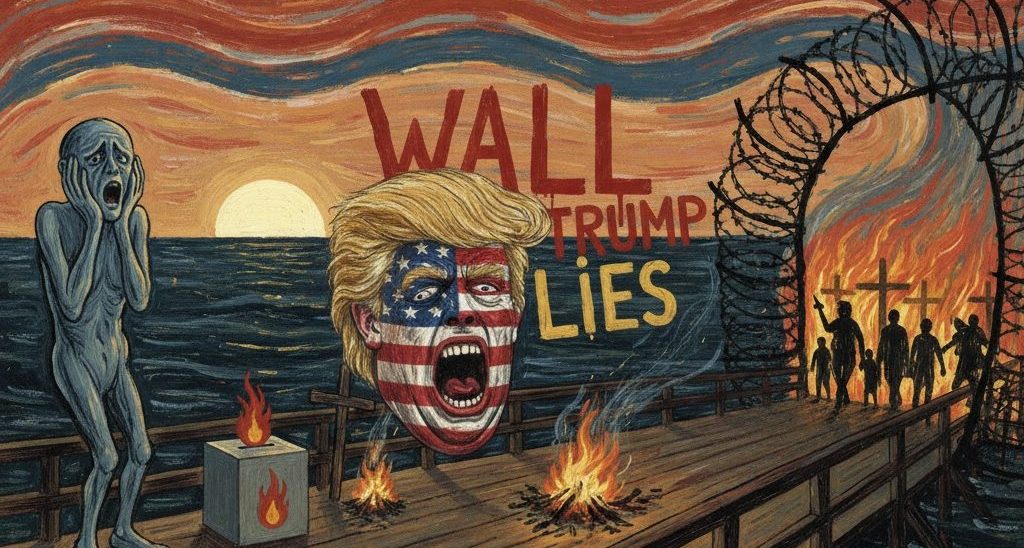
The Philosophy of Evil: A Case Study
In this article, I claim that “evil” is a useful category of moral philosophy, and we encounter its radical forms at the intersection of psychopathology, ideology, and power. These movements have architects, bureaucrats, implementers, followers, and beneficiaries. Ordinary people are able to commit extraordinary harm. In the second part, I will then use this framework to examine Trump’s MAGA movement.
-
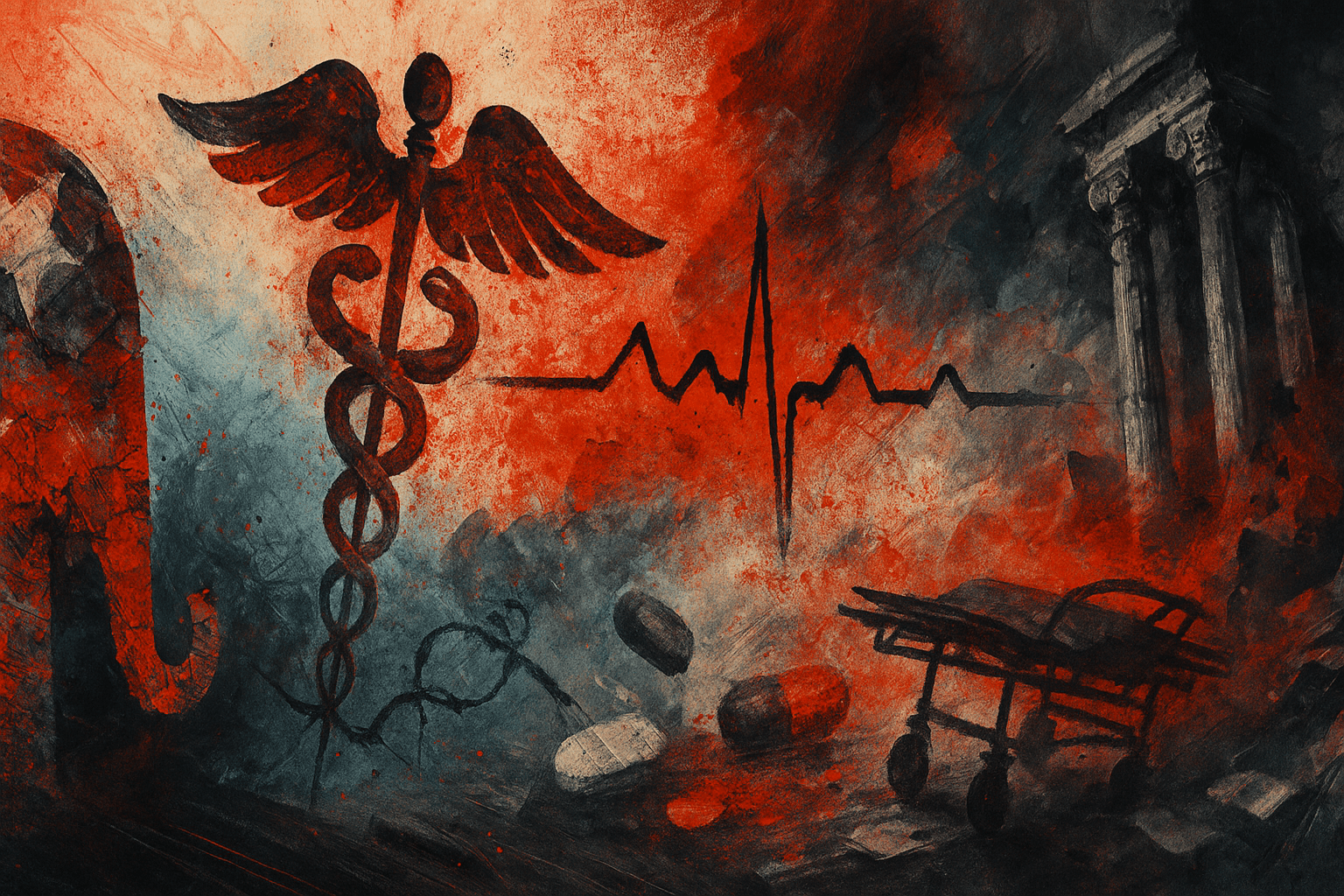
The Politics of Letting People Die: Republican Administrative Violence
This article frames the 2025 US Government shutdown not as a political dispute but a moral crisis, arguing the Republican budget uses deep cuts to healthcare and foreign aid to produce lethal outcomes for the vulnerable. This is necropolitics—governance through administrative violence. When policy systematically eliminates vulnerable populations through bureaucratic means, we are witnessing the core mechanics of fascism.
-
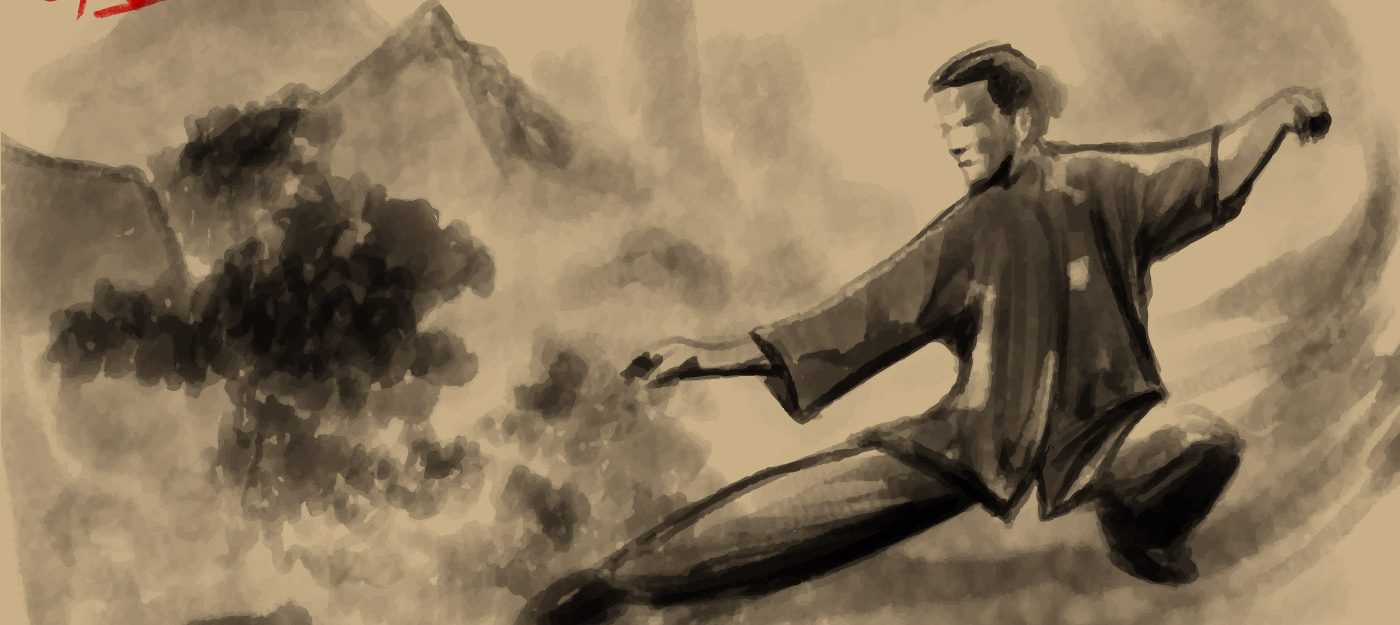
Philosophy You Can Feel: The Cosmology of Tai Chi
Taijiquan is not merely exercise but embodied Neo-Confucian philosophy. Each form enacts the cosmological principles of Zhou Dunyi and Zhu Xi: the emergence from Wuji to Taiji, the interplay of yin and yang, the cycling of phases. The body becomes a laboratory for investigating universal patterns, transforming the practitioner into a conscious participant in cosmic creativity: philosophy made tangible, metaphysics…
-
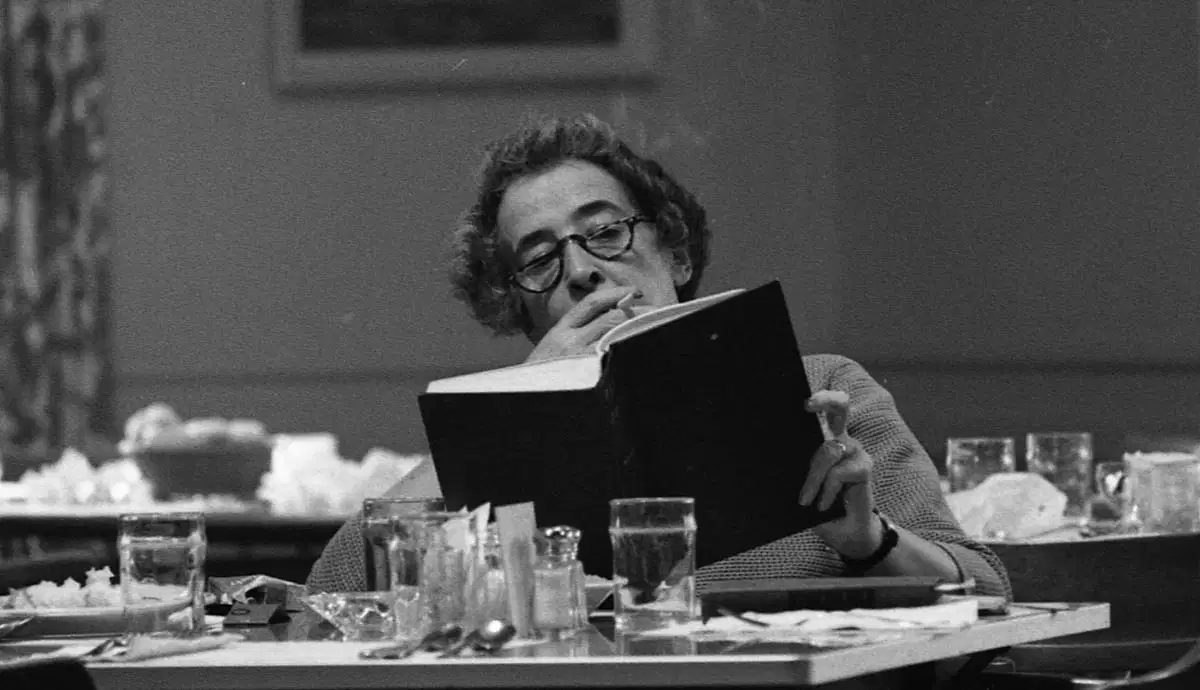
The Political Philosophy of Hannah Arendt: Between Totalitarianism and Freedom
Hannah Arendt (1906-1975) was an original and very clear-sighted political philosopher in the twentieth century. Her work, emerging from the experiences of totalitarianism and exile, offers a distinctive vision of political life that continues to be relevant for our contemporary challenges to democracy and human dignity. This post explores Arendt’s central contributions to political thought, […]
-
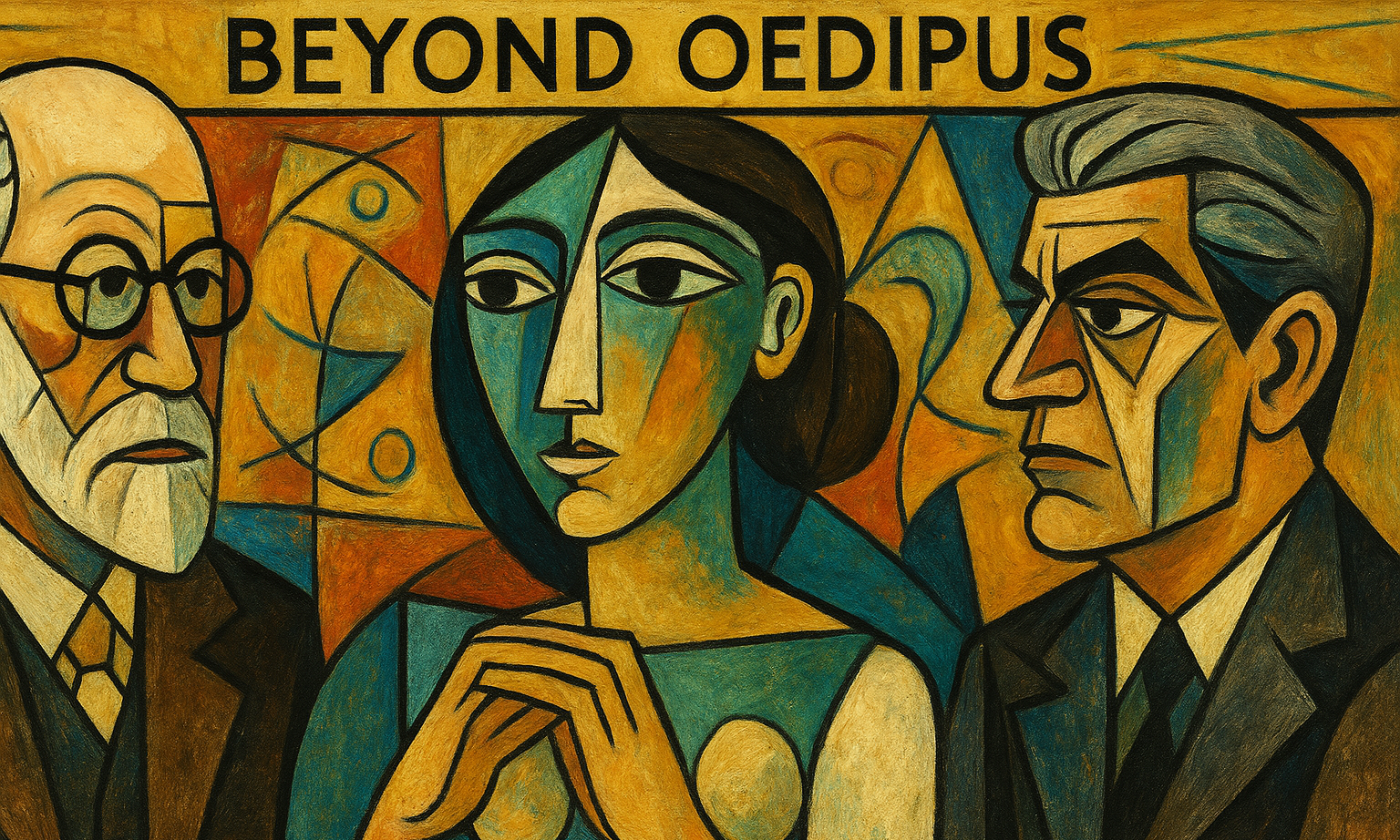
Beyond Oedipus: Law, Desire, and the Symbolic Order
Jacques Lacan’s “return to Freud” wasn’t mere reverence but radical reinterpretation. He transformed our understanding of the Oedipus complex and the human psyche through reconstructing Freudian concepts. This essay explores how Lacan’s reading opened new theoretical possibilities for psychoanalytic thinking, suggesting that our previous understanding of mythology was just the surface of a deeper structural topology.
-
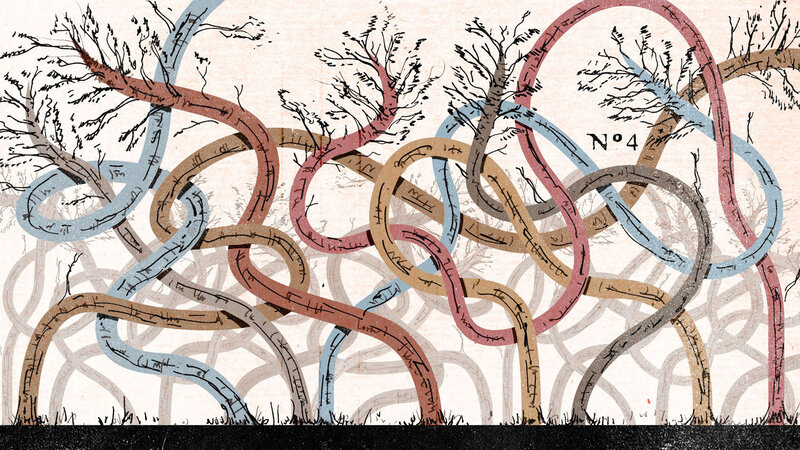
Experimenting with Reality: Quantum Entanglement
Imagine two coins flipped at the same time, miles apart. Normally, each coin lands independently: heads or tails, no connection. But what if, in some bizarre scenario, these coins were linked in a strange, invisible way? What if, when you look at one coin and see “heads,” you instantly know the state of the other coin?
-
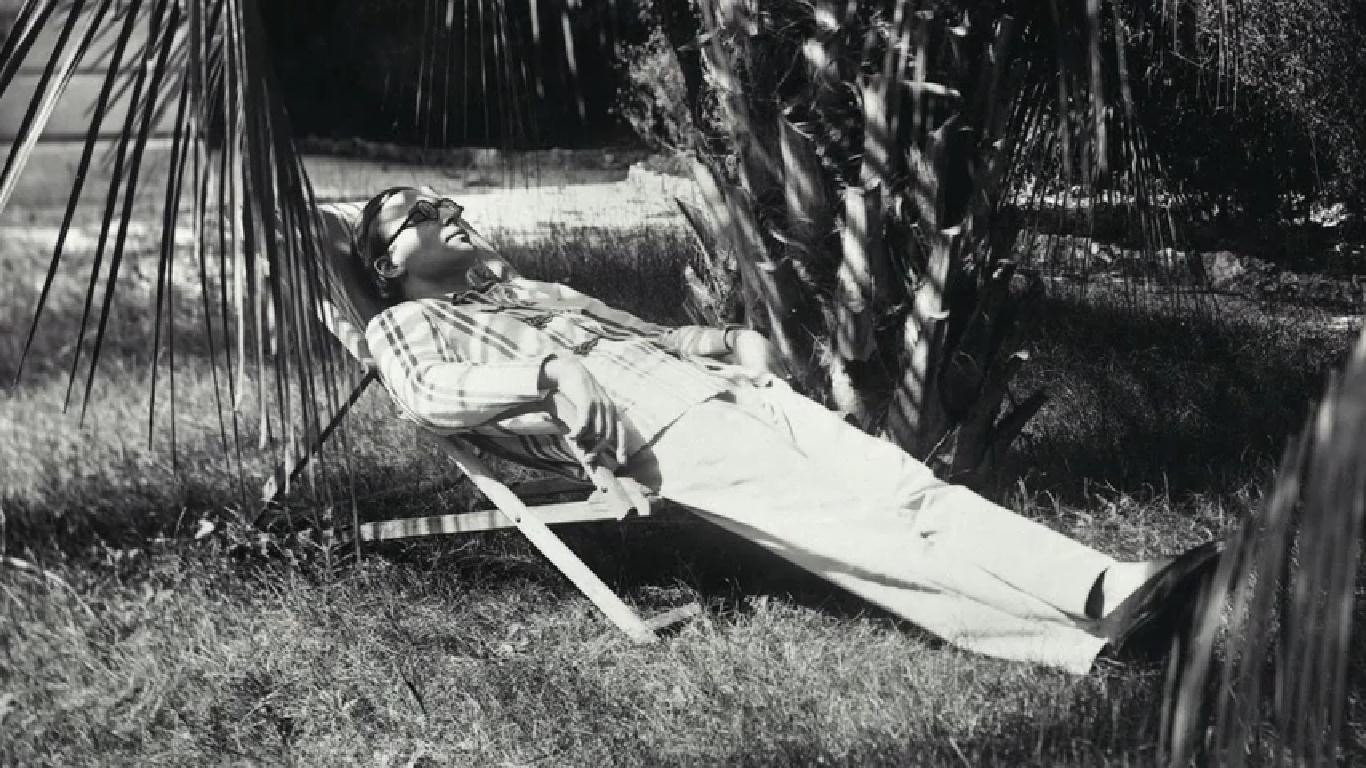
The Architecture of Authority: Kojève’s Political Philosophy
Alexandre Kojève developed a theory of political authority based on four “pure” types: the Father (tradition/past), the Master (present action), the Leader (future vision), and the Judge (eternal principles). He argued that stable political systems must balance these forms and their temporal dimensions.
-
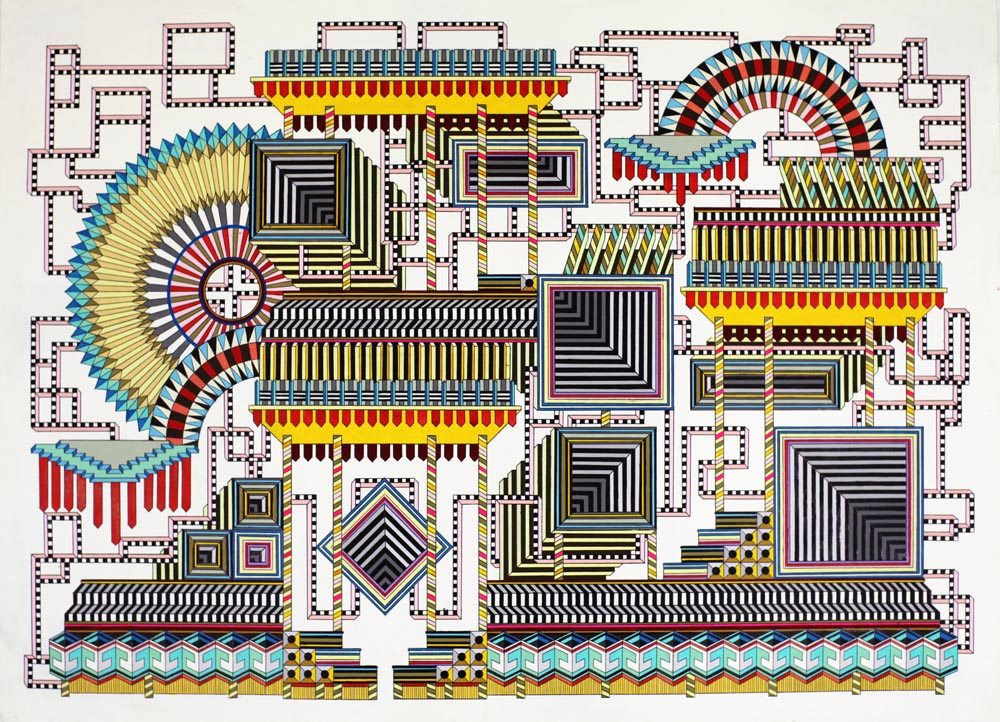
Can Grammar Prove God? Reflections on Language, Time, and the Divine.
A radical argument for God’s existence emerges from grammar itself: our ability to make meaningful statements about what “will have been” requires an eternal consciousness to preserve all truths. Without it, our language about past and future would reference nothing real, making communication meaningless.
-

California, Dreaming?
At the edge of a strip mall, where the Pacific Ocean’s vastness begins, a stark truth emerges. Surfers appear like fleeting thoughts, birds embody ancient hunger, and the ceaseless waves reveal the illusion of progress. This evocative poem by Cornelius Climatus is a meditation on emptiness, acceptance, and the profound truth hidden in plain sight, questioning our restless pursuit of…
-
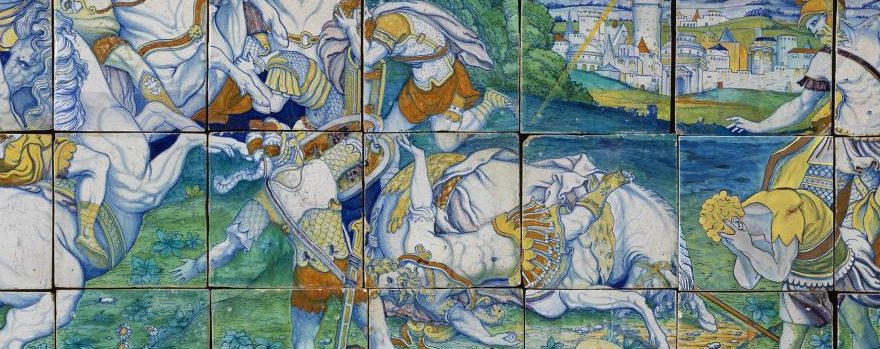
Born Again, Enlightened, Analyzed: Exploring the Many Faces of Conversion.
This essay explores the concept of conversion as a transformation of the self, examining its manifestations in Christianity through figures like Paul, Augustine, and Luther, and comparing it to Islamic submission, Zen enlightenment, and Lacanian psychoanalysis. All involve a reorientation of identity and purpose.
